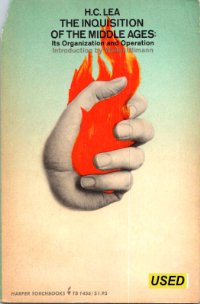Edited by Gemma Blok and Jan Oosterholt
This volume analyses cultural perceptions of safety and security that have shaped modern European societies. The articles present a wide range of topics, from feelings of unsafety generated by early modern fake news to safety issues related to twentieth-century drug use in public space. The volume demonstrates how ‘safety’ is not just a social or biological condition to pursue but also a historical and cultural construct. In philosophical terms, safety can be interpreted in different ways, referring to security, certainty or trust. What does feeling safe and thinking about a safe society mean to various groups of people over time? The articles in this volume are bound by their joint effort to take a constructionist approach to emotional expressions, artistic representations, literary narratives and political discourses of (un)safety and their impact on modern European society.
Amsterdam: Amsterdam University Press, 2024. 279p.











